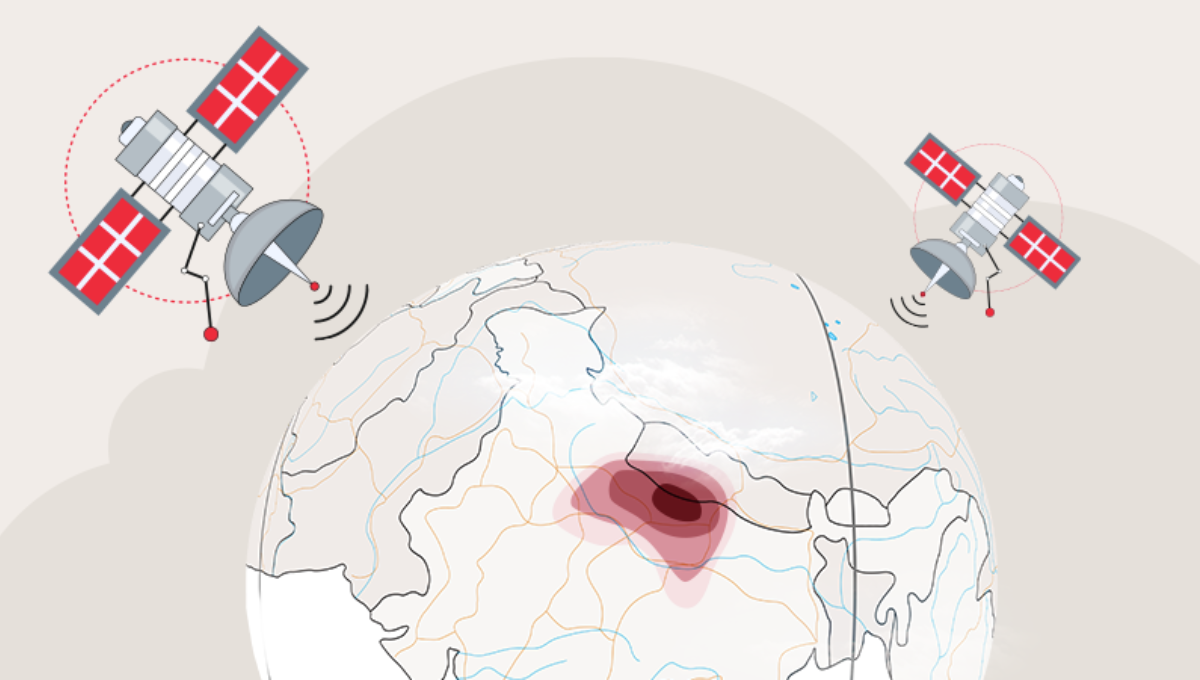Google has expanded the capabilities of Earth AI, introducing Geospatial Reasoning powered by its Gemini models to help organizations better analyze and respond to environmental and disaster-related challenges.
Building on decades of geospatial research, the enhanced system allows AI to automatically merge and interpret diverse datasets — including satellite imagery, weather forecasts, population data, and environmental indicators — to deliver a deeper understanding of risks and vulnerabilities.
By connecting these data sources, Earth AI can now generate actionable insights that once demanded years of manual analysis and complex modeling. The system is already proving effective in the real world: during the 2025 California wildfires, Google Maps used AI-driven crisis alerts to help direct 15 million people to safety.
Nonprofits such as GiveDirectly are also using Earth AI to pinpoint communities most at risk of flooding, enabling more targeted and timely relief efforts.
The upgrade enhances Google Earth as well. With Gemini technology integrated, users can now detect river changes, monitor algae blooms, track deforestation, and assess environmental threats in near real time.
These tools empower researchers and analysts to identify patterns and potential dangers that could impact public health, water sources, and ecosystems. The new capabilities will first become available to U.S.-based Google Earth Professional and Google AI Pro subscribers.
In addition, the underlying Earth AI models are being made available on Google Cloud for Trusted Testers. This gives organizations the ability to integrate their own datasets with Earth AI’s Population, Environment, and Imagery models for deeper insights.
Current pilot programs include WHO Africa tracking cholera outbreaks, satellite firms studying deforestation trends, and Alphabet’s X-backed Bellwether improving hurricane prediction models for the insurance sector.
Also Read:
OpenAI buys Sky, an AI interface for Mac
Two days after OpenAI’s Atlas, Microsoft relaunches a nearly identical AI browser









